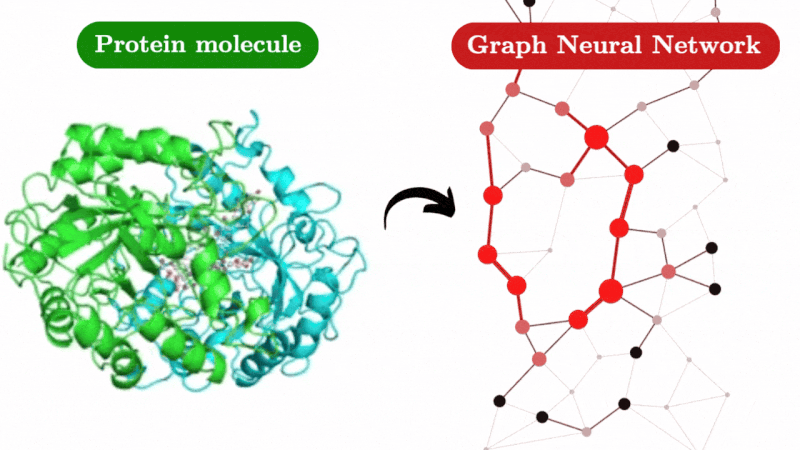.png)
HOCIntelligentTechnologyGroup
Faculty, BIG DATA (information), Large language model(LLM), Generative Pre-trained Transforme model(GPT), Research Lab's "FBLGR Quality" is a leading company,AI Science and Technology Innovation for Global Sustainable Development.
Security,DX, ICT, AI, Agriculture, Medical, Human Resource Development, Future Prediction, SDGs, etc.











story

Redesigning the Global Economic System
Rapid globalization requires a new design of the global economic system. We bring together researchers who specialize in the fields of international economics, development economics, finance, innovation, international politics, and economic norms, and promote theoretical and empirical analysis of economic systems from multiple perspectives. Furthermore, we will link the research results to policy proposals for the realization of sustainable development around the world and in Japan. Economic Policy in the Global Economy
• Development of macroeconometric models and their application to macroeconomic problems
• Institutions and policies for sustainable poverty reduction in developing countries
• Norms, Institutions, and Mechanism Design: Theory and Demonstration of the Synthesis of Social Sciences
• Advanced research in health economics
• As medical costs continue to increase due to the super-aging of the population, the efficiency of medical resources and the construction of a sustainable healthcare system have become urgent issues. In order to allocate limited medical resources to those who truly need medical care and nursing care, it is necessary to verify optimization to eliminate waste and allocate resources to which medical practices in which regions and departments. The Center for Health Policy and Economics utilizes the methods and knowledge of various social sciences such as economics, accounting, business administration, and public finance to provide research on health policy and economics. The Research Center for Health Policy and Economics aims to enhance health policy and economic research by utilizing the methods and knowledge of various social sciences such as economics, accounting, business administration, and public finance.
• It was established with the aim of applying brain function measurement and the concept of brain science to the social sciences, and to utilize the knowledge of brain science to solve social issues.
• By using neuroscience methods to understand the perceptions of the people who make up society, the decision-making that underlies social phenomena, and the diverse values of people in society, the social sciences and brain science will be connected, and new approaches will be born. The mission of the Center is to bring new perspectives to the understanding of society and to establish a unique approach to the complex social issues of our time by combining the knowledge of brain science with the accumulated knowledge of many world-class social science researchers.
• In addition, by opening up the Center's magnetic resonance imaging (MRI) and other facilities necessary for brain function measurement to the outside world, we will develop new research projects not only with our researchers but also with other universities, research institutes, and private companies in Japan and overseas. Through such joint research, it is expected that brain science will contribute to the further development of social science and the resolution of social issues. • In this way, the Center will promote cutting-edge research through the fusion of brain science and social science, and strive to provide new insights and creative solutions to today's complex social issues.
• In recent years, various problems in society have become more and more complex with the dizzying changes in society. In the process of solving this complex social issue, a new way of thinking called "comprehensive knowledge" has been proposed. This is a term that refers to the gathering of diverse "knowledge" and the creation of "intellectual vitality" that creates new value. This suggests that in order to contribute to the resolution of complex and diverse social issues in recent years, a more diverse approach is required in addition to conventional approaches.
• Society is made up of people and their activities. With this in mind, focusing on the principles of brain activity and information processing in the brain, which are the basis of human cognition and behavior, and promoting the understanding of human beings themselves and human beings in society, will lead to an understanding of society and the social phenomena that it causes. Brain science can be said to be one of the candidates for various approaches to solving social issues.
• The Research Center for Management Innovation is a center that will shape the society of the future. • Japan's policy management is becoming increasingly difficult amid the declining birthrate and aging population, rapid changes in the industrial structure, and severe fiscal conditions. There is a growing need to accurately grasp the current situation and policy issues surrounding policy, and to formulate policies that are as effective and reliable as possible with limited resources. It is also necessary to objectively evaluate the effects of policies and make appropriate revisions if necessary. In order to meet these demands, evidence-based policymaking (EBPM) is a system that actively utilizes various statistics. Evidence-based policy making).
• We have established a research system to contribute to EBPM, which is rapidly increasing in social demand. At the core of this is the following:
• First, under the leadership of the Center, we have established a system to promote EBPM research across departments. From long-term economic statistics to large-scale micro data, we have a large number of well-established databases and research staff with a track record of advanced empirical and theoretical analysis. As an organization, in addition to the Graduate School of Economics and other graduate schools, the Institute of Economic Research, which has been designated as a joint use and research center by the Ministry of Education, Culture, Sports, Science and Technology, The Center for Global Economic Research and the Center for Health Policy and Economic Research fully cooperate with the Center's EBPM research.
• We are actively engaged in the development of human resources to promote EBPM. This program is mainly aimed at those who work in central government offices, etc., and is designed to acquire advanced economic analysis skills while working. In collaboration with the EBPM program, the Center aims to respond to the strong social demand for EBPM human resource development and at the same time to form a virtuous cycle between research and education.
• Establish a system for working closely with policymakers on EBPM to conduct realistic policy evaluation and formulation. Many of the members of the Center have experience working in central government offices, and in many cases, they participate in surveys and research conducted by central government agencies and the Bank of Japan. In addition to overseeing such research activities, the Center strives to contribute to the promotion of EBPM in Japan by grasping actual policy issues in real time. About the Center for Regional and Small and Medium Enterprise Policy Research
The purpose of the Center is to promote research on regional and SME policies. In particular, based on the collaboration and cooperation agreement between the Small and Medium Enterprise Agency of the Ministry of Economy, Trade and Industry, we aim to promote academic exchange between universities and the government through (1) research based on administrative issues and needs, (2) research utilizing various statistics and government-owned data, and (3) joint research. Currently, medical expenditure in Japan exceeds 40 trillion yen per year. The country's social security-related expenses amount to 30 trillion yen, which is a major financial burden. The cost of long-term care benefits was 3.6 trillion yen per year in fiscal 2000, when the long-term care insurance system was launched, but it has now risen rapidly to 8 trillion yen per year. It is widely recognized that this is an economic and fiscal issue, and that it is a major social problem.
We need to think about how to distribute "limited medical resources," where there is waste in order to allocate resources to those who really need medical care and nursing care, and how to reduce that waste. In addition, medical and nursing care is a public domain, and it is not enough for individual hospitals and facilities to be profitable. The local medical community and the healthcare delivery system, including primary care, must provide high-quality medical and nursing care efficiently and effectively. In order to achieve these goals, knowledge of economics, business administration, accounting, and public finance will play a major role, including verification of cost-effectiveness.
At the center, we make policy proposals based on advanced research analysis and disseminate information to society, and develop human resources who are familiar with the medical field but have received comprehensive specialized education in the social sciences. Furthermore, through these activities, we will promote the construction of a research and education network with other universities, research institutes, and medical institutions.
Through research and education, we would like to contribute to solving health economics issues.




















